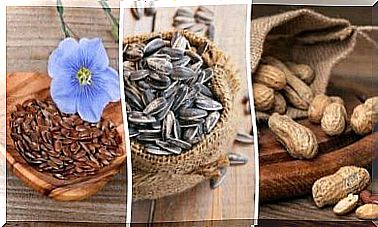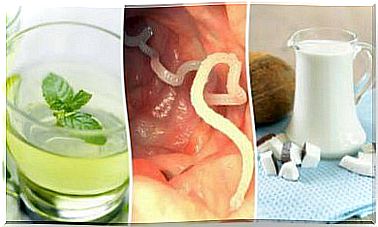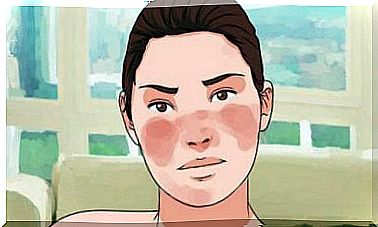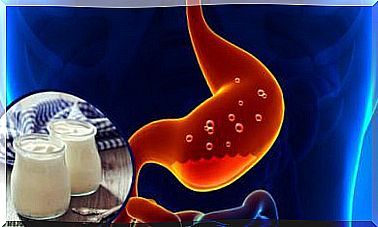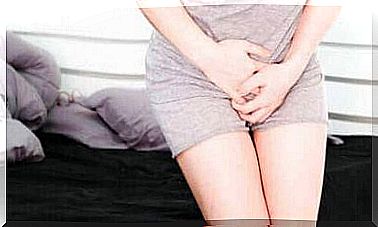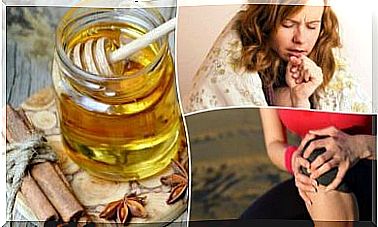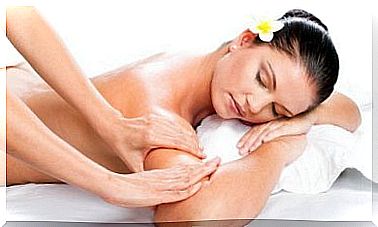8 Things You Did Not Know About The Dreaded Menopause
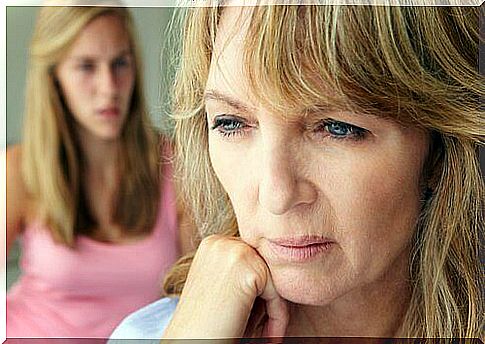
The dreaded menopause is a normal phase of life that occurs in women when they are between 45 and 55 years old. During this time, ovulation will stop, making it no longer possible to get pregnant. The production of hormones such as estrogen and progesterone is reduced. This causes other changes in the body that cause a number of symptoms that can last for many years.
The most common symptoms of menopause are hot flashes, sweating and mood swings. In addition to these familiar signs, there are other symptoms that most women are not aware of but need to know about for a more complete picture of this new cycle. We will share 8 important facts you need to know about the dreaded menopause.
Changes in heart rate during menopause

Heartbeats can change, especially in the pre-menopausal stages. At this stage, many women report that their heartbeats are stronger. In some cases, this is a temporary symptom of a heart problem. According to experts in the field, this symptom may be due to hormonal changes.
Increase in bad cholesterol
Estrogen is one of the hormones responsible for regulating menstruation. It also controls the levels of LDL (bad) cholesterol and increasing levels of HDL (good) cholesterol. As the production of this hormone begins to decline during menopause, the levels of bad cholesterol tend to increase. The good cholesterol usually gets lower. The good news is that this effect can be prevented by having a healthy lifestyle in the years before menopause begins.
Lack of willingness to maintain a social life
Menopause is a stage in life where one tends to be introverted due to all the mood swings and emotions. This change is more easily noticed in extroverts as they begin to adopt attitudes that affect their social lives.
At the beginning of this phase, most women will begin to reflect on themselves and feel the need to devote more time to themselves. In this aspect, it can be something really positive as women feel the urge to experience things that they let go of to make other people happy.
Time to get “green”

Many foods sold on the market contain high concentrations of chemicals that can block hormones and cause imbalances in menopausal women. It is important to start eating more organic foods and avoid those that contain parabens, phthalates and BPA. A good way to do this is to eat more fruits and vegetables. These are good sources of the nutrients your body needs to fight the symptoms of the dreaded menopause.
Your hair will suffer from some consequences
The hormonal changes that follow menopause affect the health of your hair, making it finer, weaker and drier. This can cause large amounts to fall off. For this reason, it is very important to eat a healthy diet to get more vitamins, minerals and proteins, as well as avoid chemical products and heating elements.
Increase in sensitivity
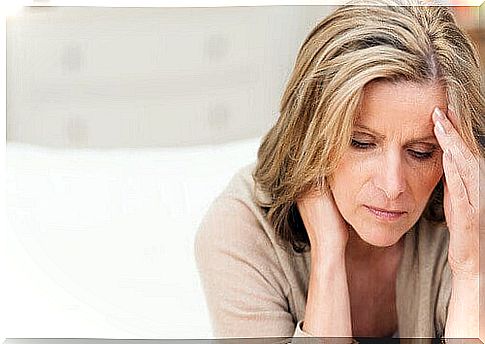
The hormonal changes of menopause can put you on an emotional roller coaster. This can result in greater sensitivity and a significant increase in libido.
Increase in the need to sleep
Due to hormonal changes, it is no surprise that the need for sleep increases during menopause. You will probably experience having to take more wonders. However, they should not be longer than 30 minutes, as it can lead to changes in the normal sleep cycle.
Hot flushes – part of the dreaded menopause
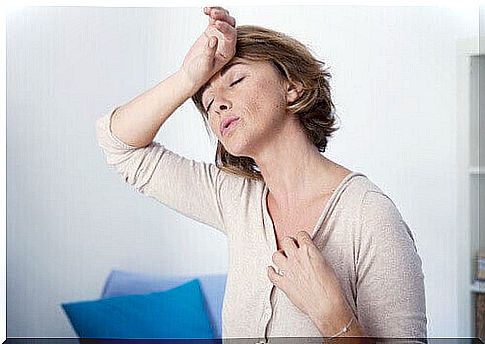
This is one of the most common symptoms of menopause. On the other hand, many women do not know how to keep hot flashes from affecting their quality of life. It should be noted that this unpleasant feeling of heat happens at night and that it can prevent you from getting a good night’s sleep. The consequences are experienced the following day with increased irritability and tired skin.
What can women do? In these cases, the best things one can do is wear loose-fitting clothing, use sheets and pillowcases made of breathable material, and if necessary, sleep with a fan on. Do not forget that relaxation techniques can also be useful.
